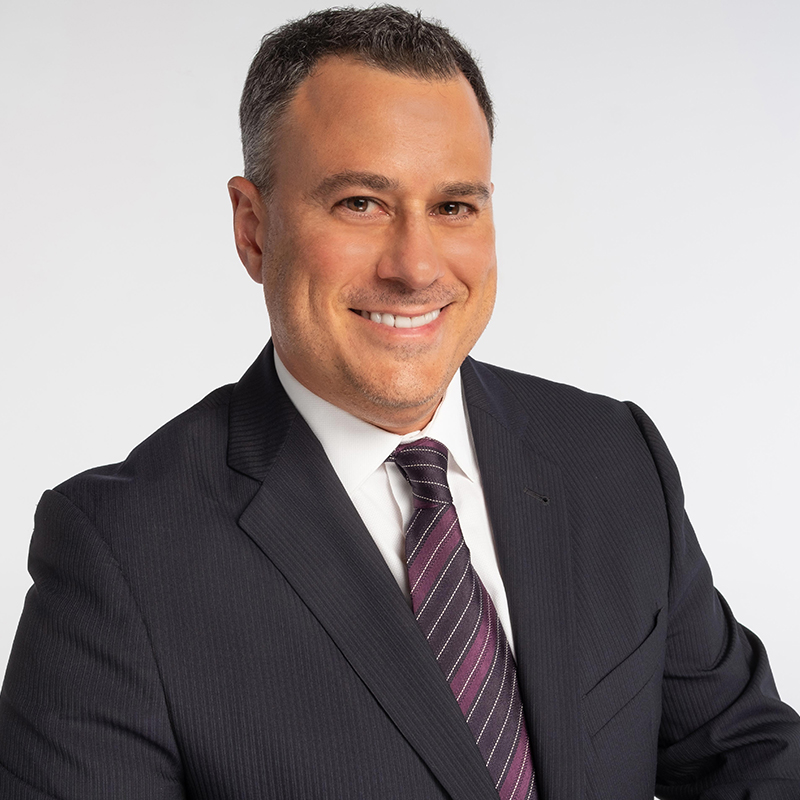CAR INSURANCE SETTLEMENT
$4,000,000
CAR ACCIDENT SETTLEMENT
$1,250,000
SLIP & FALL CASE
$850,000
TRUCK ACCIDENT SETTLEMENT
$750,000
CAR ACCIDENT SETTLEMENT
$500,000






Testimonials
See what clients are saying about The South Florida Injury Law Firm

Liz
Google Review

Ashley Hea
Google Review

Stephanie Magro
Google Review

Josephine Bostwick
Google Review
Serving All of South Florida
There are many ways that you can get hurt in this world, but when others’ actions cause those injuries – even when they are not intentional – you should not have to pay for their mistake.




Get Your Free Case Review
Our South Florida Accident Attorneys Have Experience With All Kinds of Injuries
Our South Florida Accident Attorneys Have Experience With All Kinds of Injuries
Auto Accidents
We can help you get the compensation you need to cover damages and injuries caused by negligent drivers.
Motorcycle Accidents
If you’ve been involved in a motorcycle accident accident, our South Florida attorneys are ready to defend your rights
Slip & Fall
Slippery floors. Uneven surfaces. Broken lights. These are just a few of the reasons that can cause someone to fall and get hurt.
Airbnb and Vrbo Injuries
The South Florida Injury Law Firm have ample experience with short term rental cases and work on a contingency basis, meaning that you pay nothing until after we’ve recovered damages.
Uber Lyft Accidents
With ride shares, it is a fact that things can become complicated if you sustain injuries Who is liable? Can you get compensation? We can help you sort everything out.
Truck Accidents
Because your most important work for the time being is recovering from your injuries, your South Florida personal injury attorney will serve as your advocate
The Experience You Need
Our team have over 100 years of combined legal experience, so we’ve handled just about every kind of injury and workers compensation case you can imagine. We also come from diverse legal backgrounds that help us when preparing for cases, counting a former public defender and a lawyer who worked for insurance companies and knows their tactics among our partners.

South Florida Personal Injury Lawyers
At The South Florida Injury Law Firm, we strongly believe that people and organizations need to be held accountable for accidents and injuries caused by negligence. Why? Because when there is accountability, everyone ultimately wins.

Lawyers You Can Trust
Why Choose Us?
No Cost For Your Consultation
When you schedule a consultation, there is never an initial charge
We Can Arrange to Come To You
For our clients who are unable to travel, we make it easier for you.
No Fees Unless We Win Your Case
There are no fees of any kind until we settle or win your case in court.









